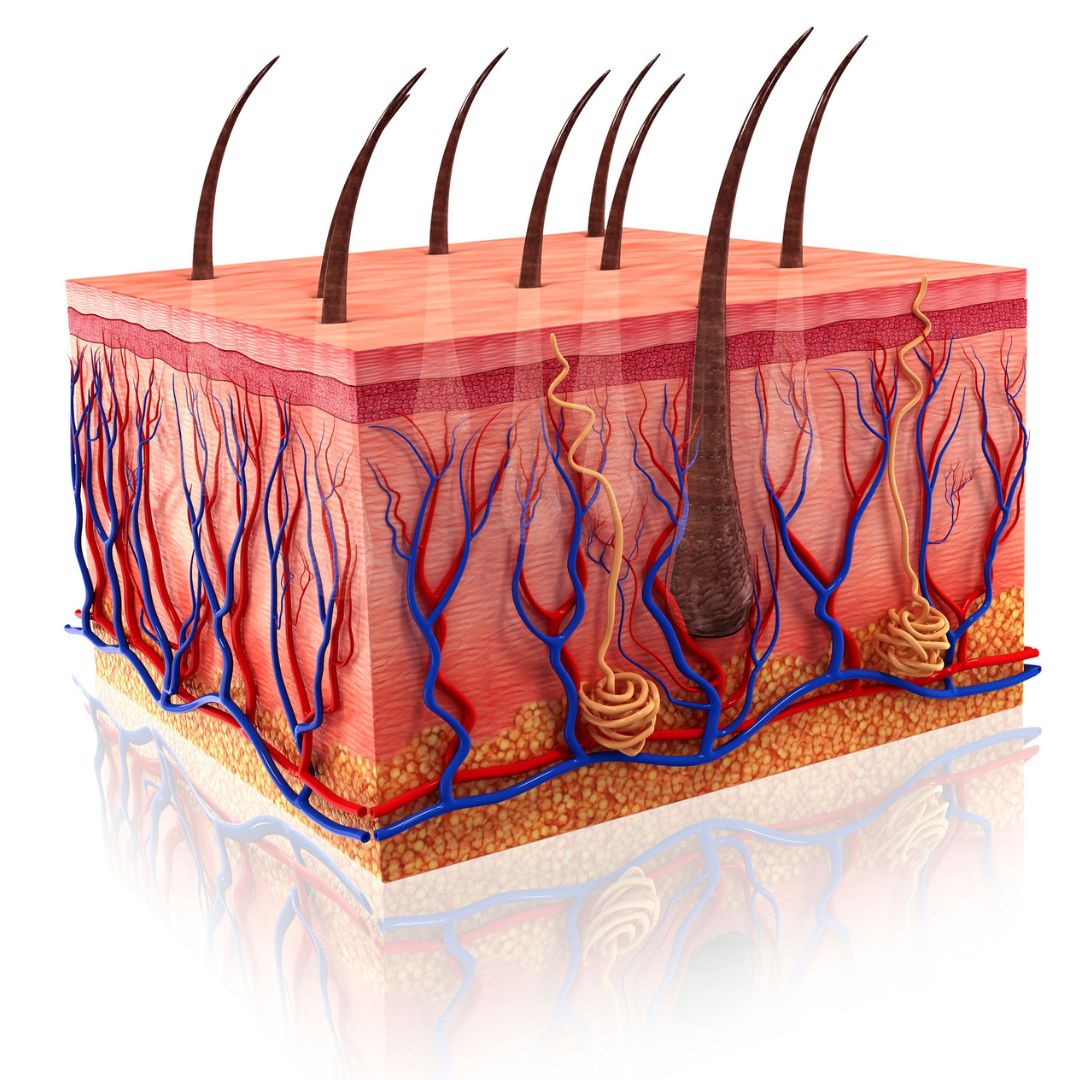"After consulting with both Dr. Ross Kopelman and Dr. Joel Kopelman for my hair loss, I was struck by their combined expertise and compassionate approach. They not only offered advanced treatment options but also provided genuine support and understanding. Their guidance helped me navigate this challenge with confidence, making me feel reassured and well-cared for every step of the way."
— M.H. / New York

At Kopelman Hair Restoration, we recognize how vital it is to feel confident in your appearance. We are dedicated to helping you restore your hair loss. For an appointment, contact our office to schedule your consultation.